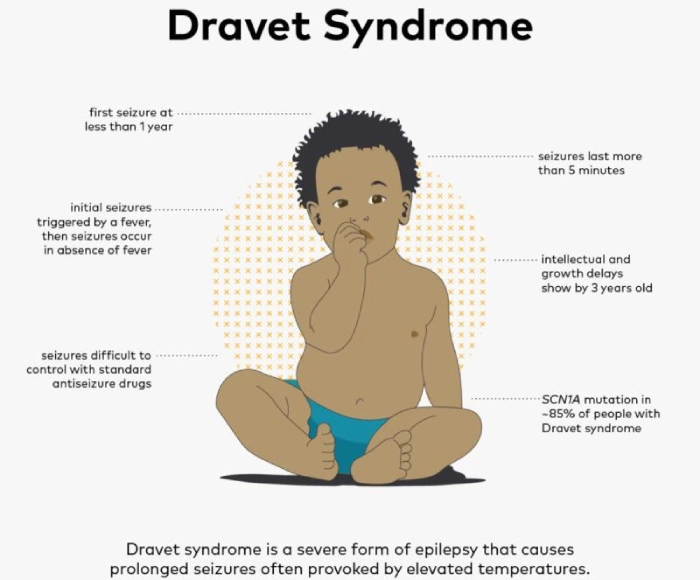The Rise of Omega-3 Supplements
Recent health surveys indicate that fish oil supplements, rich in omega-3 fatty acids, have become a staple in many medicine cabinets, particularly among adults over 60. These essential fatty acids, which our bodies cannot synthesize naturally, have long been promoted as defenders against cardiovascular disease – humanity’s leading health threat.
Scientific Controversy
Mixed Research Results
However, the scientific community remains divided on their efficacy. The landscape of omega-3 research presents a complex picture, with recent studies yielding conflicting results and raising questions about potential risks. This has prompted researchers to adopt a more nuanced approach to understanding these popular supplements.
The VITAL Trial Findings
A landmark study, the VITAL trial, exemplifies this complexity. This comprehensive research effort tracked nearly 26,000 American adults aged 50 and above, all without prior history of cardiovascular issues or cancer, over a five-year period. The initial results, documented in the prestigious New England Journal of Medicine, revealed that daily consumption of 1 gram of omega-3 supplements didn’t significantly reduce overall cardiovascular event risk.
FDA Stance and Regulations
The FDA’s relationship with omega-3 supplements has evolved over the years. While the agency has approved several prescription omega-3 medications for treating very high triglycerides (including Lovaza® and Vascepa®), their stance on over-the-counter fish oil supplements remains cautious. In 2019, the FDA authorized a qualified health claim for omega-3 supplements, stating they “may reduce the risk of hypertension and coronary heart disease,” but emphasized that the evidence is “inconsistent and inconclusive.” This careful positioning reflects the complex nature of the available scientific evidence.
Emerging Insights
The Diet-Supplement Connection
Yet, deeper analysis unveiled an intriguing pattern: participants who regularly consumed fish before starting supplements showed a notable 19% reduction in major cardiovascular events when taking omega-3s. This finding highlights the intricate relationship between dietary habits and supplement effectiveness.
Current Research Questions
The scientific community now faces several crucial questions: Which specific forms of omega-3 supplements are truly effective? What are the key active compounds in fish oil that might protect heart health? How do these components actually work within our cardiovascular system? These unknowns represent the frontier of current research efforts.
YourDailyFit Expert Commentary
By Columnist Alice Winters
Market Analysis and Clinical Implications
The omega-3 supplement saga perfectly illustrates the classic “it’s complicated” scenario in nutrition science. Having analyzed countless supplement studies over my career, I must say this one presents particularly fascinating complexities.
Breaking Down the Evidence
Let’s cut through the marketing hype and look at what we’re really dealing with here. The VITAL trial, with its impressive 26,000-participant cohort, gives us some serious food for thought. A 19% reduction in cardiovascular events isn’t just a statistical blip – it’s significant. However, and this is where it gets interesting, this benefit apparently only manifests in those already consuming fish regularly. It’s like needing a bass line before adding the guitar solo – the supplement works better with the dietary foundation already in place.
Cost-Benefit Analysis
The current market sees omega-3 supplements ranging from $15 to $70 per month’s supply, with doses varying from 500mg to 2000mg per serving. Yet, what we’re learning suggests that throwing money at high-dose supplements without considering your dietary context might be like buying a Ferrari for grocery runs – impressive but possibly unnecessary.
Formulation Challenges
From a formulation standpoint, the uncertainty about which specific omega-3 components drive cardiovascular benefits is particularly troubling. It’s akin to knowing your car runs on fuel but not knowing whether it needs diesel or gasoline. This gap in understanding has crucial implications for both manufacturers and consumers.
Safety Considerations
The safety profile, while generally good, isn’t without its question marks. Recent studies hinting at potential risks remind us that even “natural” supplements deserve our careful scrutiny. Think of it as the nutritional equivalent of “trust, but verify.”
Consumer Recommendations
For consumers, my advice would be this: If you’re already enjoying salmon twice a week, a moderate-dose omega-3 supplement might be your heart’s best friend. If not, perhaps start with dietary changes before joining the supplement bandwagon. After all, in the world of nutrition, context isn’t just king – it’s the whole kingdom.
Want to learn more about new FDA Policies? Please stay tuned!



